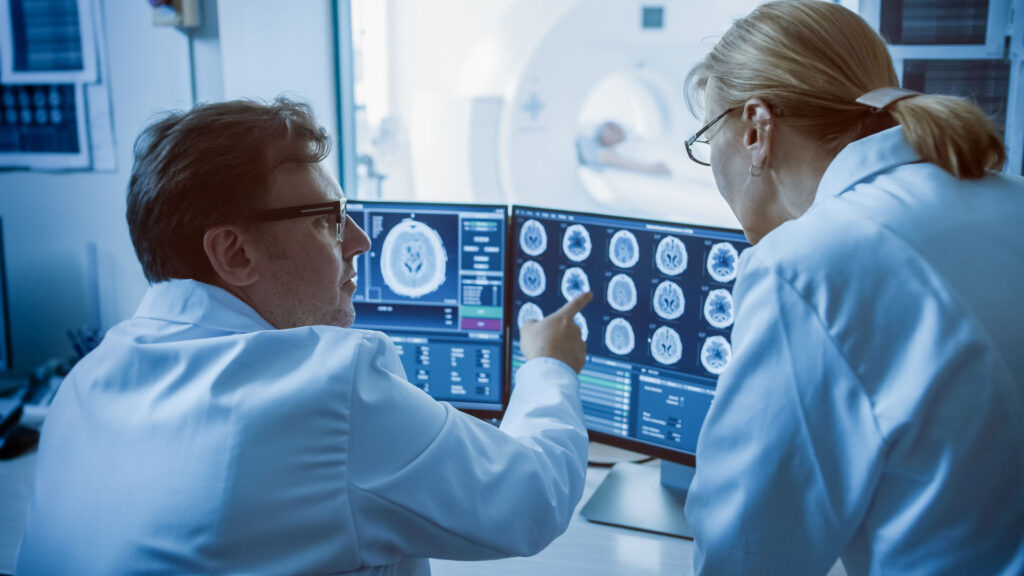Preventive Care: The Cornerstone of Medical Needs
In the intricate tapestry of human health, preventive care emerges as the keystone that fortifies well-being and sets the stage for a thriving life. In an era characterized by dynamic lifestyles and evolving health challenges, the significance of preventive care cannot be overstated. This essay delves into the depths of preventive care, unraveling its essence, its components, and its far-reaching implications for individuals, communities, and healthcare systems.

Understanding Preventive Care
Preventive care encompasses a proactive approach to maintaining health by preemptively identifying and mitigating risks before they escalate into full-blown health issues. Instead of treating diseases after they manifest, preventive care seeks to avert their occurrence, enabling individuals to lead healthier lives and reducing the burden on healthcare systems. It is a paradigm shift from the reactive model of healthcare to a proactive one that places the power of well-being firmly in the hands of individuals.
Components of Preventive Care
- Regular Health Check-ups: Routine medical check-ups form the cornerstone of preventive care. Regular visits to healthcare professionals facilitate the early detection of potential health concerns, allowing for timely intervention and improved treatment outcomes. Blood pressure checks, cholesterol screenings, and cancer screenings are just a few examples of routine tests that can help identify risks before they escalate.
- Vaccinations and Immunizations: Vaccinations are among the most effective tools in preventive care. They bolster the immune system, safeguarding individuals from preventable diseases. Childhood vaccinations, booster shots, and adult immunizations not only protect the vaccinated individual but also contribute to community immunity, a concept known as herd immunity.
- Healthy Lifestyle Practices: A healthy lifestyle is an integral part of preventive care. Adequate nutrition, regular exercise, sufficient sleep, stress management, and tobacco avoidance collectively contribute to robust health. Cultivating these habits not only minimizes the risk of chronic diseases but also enhances overall well-being.
- Screening and Early Detection: Preventive care emphasizes the importance of early detection through screenings. Mammograms, colonoscopies, and pap smears are examples of screenings that enable the identification of abnormalities at an early stage, increasing the chances of successful treatment.
- Genetic Testing and Personalized Medicine: Advances in genetics have paved the way for personalized medicine. Genetic testing enables individuals to understand their susceptibility to certain conditions, empowering them to make informed lifestyle choices and enabling healthcare providers to tailor treatments for better outcomes.
- Health Education and Awareness: Educating individuals about health risks, preventive measures, and the importance of regular check-ups is a vital aspect of preventive care. Knowledge equips individuals to take proactive steps towards their well-being.
Implications and Benefits of Preventive Care
- Reduced Healthcare Costs: Preventive care reduces the need for costly treatments by nipping health issues in the bud. It curtails hospitalizations, emergency room visits, and expensive procedures, leading to significant cost savings for individuals and healthcare systems.
- Enhanced Quality of Life: By prioritizing preventive care, individuals can enjoy a higher quality of life as they age. Detecting and managing risks early promotes healthy aging and minimizes the impact of chronic diseases.
- Focus on Population Health: At a broader level, preventive care contributes to population health. Community-wide vaccination campaigns, health education initiatives, and awareness programs create a culture of well-being, benefitting entire populations.
- Shift from Reactive to Proactive: Embracing preventive care signifies a shift from treating diseases reactively to actively safeguarding health. This not only reduces the burden on healthcare systems but also empowers individuals to take control of their health.
- Healthcare System Sustainability: By preventing the onset of diseases, healthcare systems can allocate resources more efficiently. This promotes sustainability, as fewer resources are dedicated to managing advanced-stage illnesses.
- Empowerment and Autonomy: Preventive care empowers individuals to make informed decisions about their health. It instills a sense of autonomy, enabling individuals to actively participate in their well-being journey.

Challenges and Overcoming Barriers
While the merits of preventive care are evident, its implementation faces certain challenges. Financial barriers, lack of awareness, and limited access to healthcare services can hinder individuals from seeking preventive care. Addressing these challenges requires collaborative efforts from governments, healthcare providers, and communities. Initiatives such as subsidized screenings, health education campaigns, and improved access to clinics can bridge these gaps.
The Way Forward: Cultivating Preventive Mindsets
The journey towards embracing preventive care begins with fostering a preventive mindset. Individuals must recognize that their health is an invaluable asset that demands proactive attention. By prioritizing routine check-ups, adopting healthy habits, and staying informed about health risks, individuals can take charge of their well-being. Healthcare systems, in turn, must emphasize the importance of preventive care in their policies, incentivizing screenings, vaccinations, and health education.
In conclusion, preventive care stands as the cornerstone of medical needs, guiding individuals towards a path of wellness and vitality. Its components, implications, and potential to transform healthcare systems underscore its significance in an era where health challenges are complex and diverse. By embracing preventive care, individuals can rewrite the narrative of their health, while societies can pave the way for healthier, more resilient communities.
